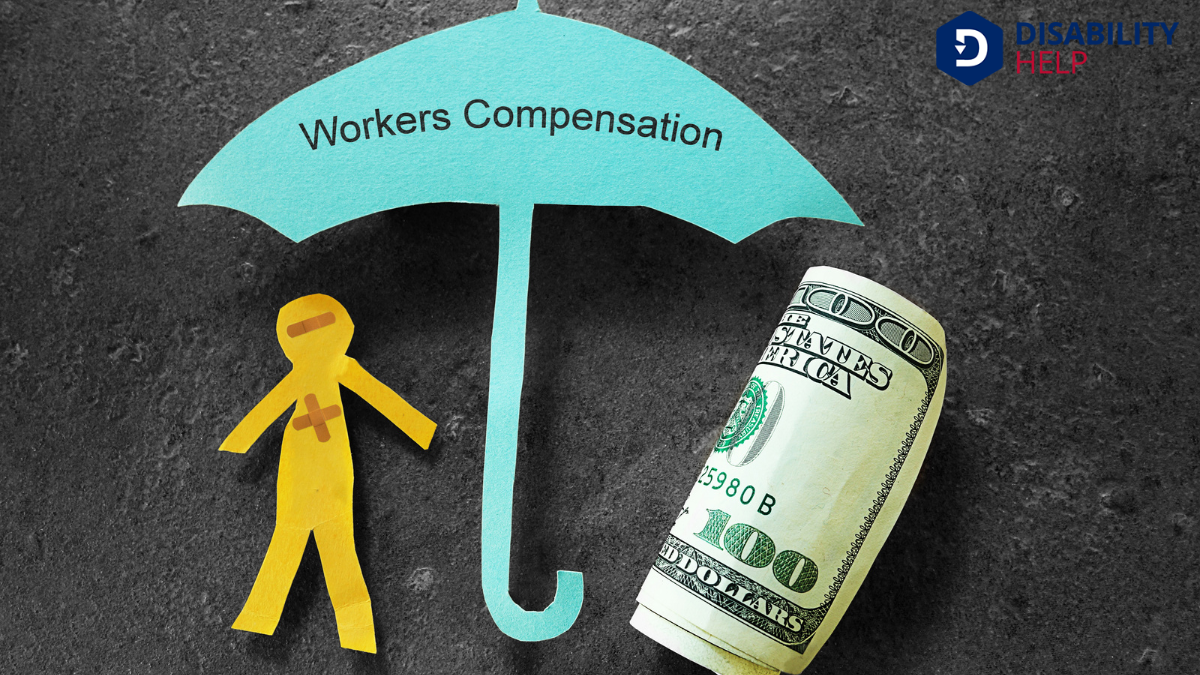When we get injured at work, it’s natural to wonder if it falls under personal injury. Typically, workplace injuries are covered by workers' compensation, designed to support us with medical care and financial aid. However, if a third party, like a contractor or equipment manufacturer, is involved, a personal injury claim might be possible. So, how do we navigate these situations? Let’s explore what steps we should take next.
Key Takeaways
- Workplace injuries usually fall under workers' compensation rather than personal injury claims.
- Workers' compensation covers medical expenses and lost wages without needing to prove fault.
- Personal injury claims may apply if a third party's negligenceA legal concept where a party fails to exercise reasonable care, resulting in harm to another person... caused the workplace injury.
- Consult an attorney to explore if additional compensation through a personal injury claim is viable.
- Understanding the distinction helps determine the appropriate legal and financial response.
Understanding the Difference Between Workplace Injuries and Personal Injuries
When it comes to injuries, understanding the distinction between workplace injuries and personal injuries is vital. We often find ourselves confused about which category an injury falls into.
Workplace injuries occur on the job or are directly related to work duties. These might happen on a construction site or in an office, affecting how we address the incident legally and financially.
On the other hand, personal injuries occur outside of work and encompass scenarios like car accidents or slips and falls at home. Recognizing these differences helps us determine the appropriate course of action.
It’s important to know whether an injury needs to be addressed through workplace channels or if it falls under personal liability. By distinguishing these, we can make informed decisions for our well-being.
Exploring Workers' Compensation and Its Role

While traversing the complexities of workplace injuries, we must explore the essential role of workers' compensation.
Workers' compensation is a significant system designed to provide financial support and medical care for employees injured on the job. It helps us navigate the aftermath of an injury without bearing the full burden of medical expenses or lost wages.
By understanding this system, we can better grasp our rights and responsibilities, ensuring we're adequately supported during recovery.
It's important to recognize that workers' compensation isn't about assigning fault. Instead, it focuses on guaranteeing that we receive necessary aid quickly and efficiently.
Engaging with this process empowers us to focus on healing, knowing that the system is there to support our health and financial stability.
Identifying When a Personal Injury Claim Applies
How do we determine when a personal injury claim applies instead of workers' compensation? Let's break it down together.
First, we need to recognize situations where someone else's negligence outside the workplace might be responsible.
Here’s how we can identify if a personal injury claim is appropriate:
- Third-Party Involvement: If an outside party, not our employer, caused the injury, we might have a personal injury claim.
- Defective Products: When a faulty tool or machine leads to injury, the manufacturer could be liable.
- Intentional Acts: If someone intentionally harms us, we may pursue a personal injury case.
- Non-Employer Property: Injuries occurring on property not owned by our employer might qualify if hazards are involved.
Steps to Take After a Workplace Injury
After experiencing a workplace injury, it's vital to act promptly to protect our rights and guarantee proper care.
First, we should immediately report the injury to our supervisor or employer, ensuring it's documented accurately. Quick reporting helps establish that the injury occurred on the job.
Next, seek medical attention, even if the injury seems minor. A healthcare professional can assess the extent of our injuries and provide necessary treatment. It's important to keep copies of all medical records and reports for our reference.
After receiving medical care, we should follow any prescribed treatment plans carefully.
Additionally, gathering evidence such as photos, witness statements, and incident reports can strengthen our case. Staying organized and keeping detailed notes about the injury and recovery process are also vital steps.
Legal Rights and Options for Injured Employees

Protecting our health and documenting the incident are just the first steps in ensuring we're treated fairly after a workplace injury.
Understanding our legal rights and options is vital for maneuvering through this challenging situation. Let’s explore the key rights and choices:
- Workers' Compensation: We’re entitled to file a claim for benefits like medical expenses and lost wages. It’s essential to report the injury promptly.
- Consulting an Attorney: Seeking legal advice can help us understand our rights and if additional compensation is possible beyond workers' comp.
- Filing a Lawsuit: If negligence by a third party contributed to the injury, we might've grounds for a personal injury lawsuit.
- Employer Retaliation: We have the right to protection against retaliation for filing a claim or seeking legal assistance.
Conclusion
In summary, understanding the distinction between workplace and personal injuries is vital for maneuvering our legal and financial options. While workers' compensation typically covers injuries sustained on the job, we shouldn’t overlook the possibility of a personal injury claim if a third party is involved. By knowing our rights and the steps to take after an injury, we can guarantee we’re well-prepared to secure the support we need. Let's stay informed and proactive in protecting our well-being.






